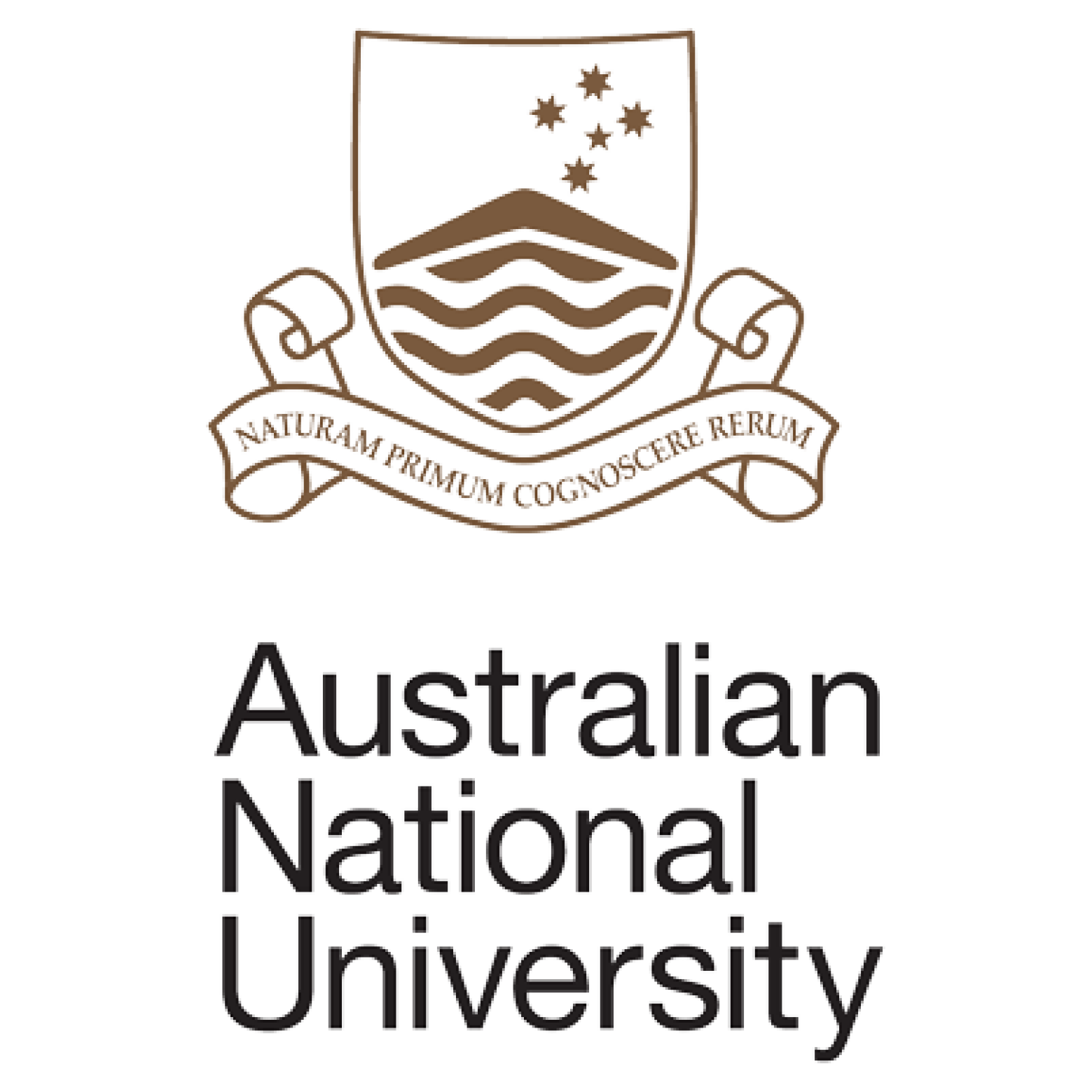
Master of Applied Anthropology and Participatory Development - Online
Australian National University, Canberra


Australian National University, Canberra

Master of Applied Anthropology and Participatory Development - Online
Australian National University, Canberra
Scholarship Available
Degree
Postgraduate
Duration
18
Course Type
With Co-op
Co-op education gives you real-world experience in a job related to your studies.
INR
25.54L
USD 30041
1st Year Tuition Fees
Opening Soon
Opening Soon